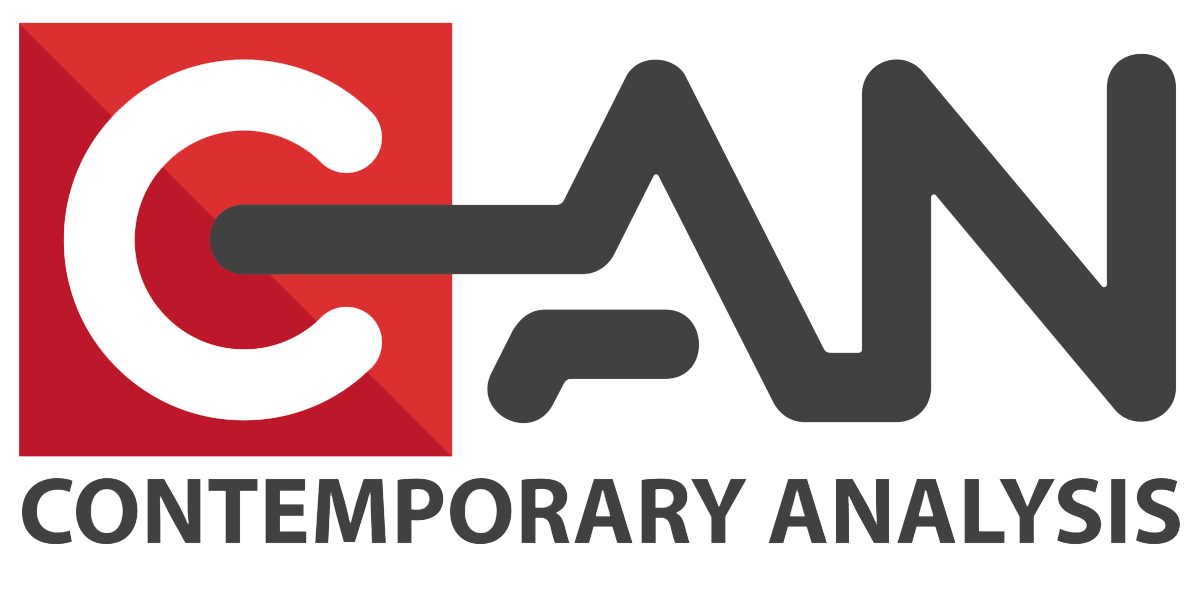Data is no good if you can’t get it quickly enough and act quickly enough on it. Its all about getting the data fast and acting on it fast
– Andrew Pole
Predictive analytics solves many differnt problems in a many facets of business. The New York Times published an article in February about the retail chain, Target. Target knew that if they could predict buying patterns in a certain group of consumers, they could influence those consumers purchases. Target was smart, they knew exactly who they wanted to go after.
Andrew Pole, a statistician working for Target, created a pregnancy-prediction model that was able to track spending habits and predict when a woman is pregnant. Pole said that, “We knew that if we could identify them in their second trimester, there’s a good chance we could capture them for years. As soon as we get them buying diapers from us, they’re going to start buying everything else too. If you’re rushing through the store, looking for bottles, and you pass orange juice, you’ll grab a carton. Oh, and there’s that new DVD I want. Soon, you’ll be buying cereal and paper towels from us, and keep coming back.”
As Pole’s computers crawled through the data, he was able to identify about 25 products that, when analyzed together, allowed him to assign each shopper a “pregnancy prediction” score. More important, he could also estimate her due date to within a small window, so Target could send coupons timed at very specific stages of her pregnancy.
About a year after Pole created his pregnancy-prediction model, a man walked into a Target outside Minneapolis and demanded to see the manager. He was clutching coupons that had been sent to his daughter, and he was angry.
He told the manager, “My daughter got this in the mail!” he said. “She’s still in high school, and you’re sending her coupons for baby clothes and cribs? Are you trying to encourage her to get pregnant?”
The manager didn’t have any idea what the man was talking about. He looked at the mailer. Sure enough, it was addressed to the man’s daughter and contained advertisements for maternity clothing, nursery furniture and pictures of smiling infants. The manager apologized and then called a few days later to apologize again.
On the phone, however, the father was somewhat abashed. “I had a talk with my daughter,” he said. “It turns out there’s been some activities in my house I haven’t been completely aware of. She’s due in August. I owe you an apology.”
This stuff works, predictive analytics is the future. Like all futuristic technologies there are ethical issues. It is important for companies to understand when and how to apply predictive analytics. Target knew that predicting who is pregnant and how they would buy, could result in landing loyal customers for years. What if you could predict who, of your current customer base, was ready to buy more, or upgrade to newer products? If you knew who was contemplating leaving your business you could do what was needed to keep them around. Predictive analytics can tell you who these people are, and it’s scary accurate. Until next time, work smart!
Predictive Analytics in Retail
Nate Watson
August 16, 2012
